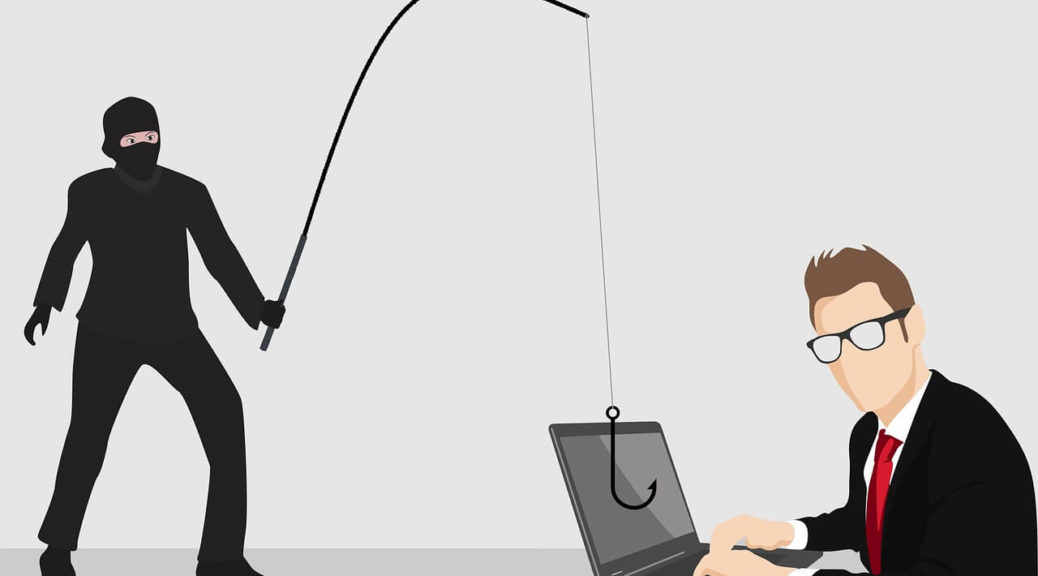6 Tips to Prevent Identity Theft
The recent massive security breach involving Sonys PlayStation Network should be a reminder to consumers that protecting your personal information is a key part of achieving success in personal finance.
Weve learned one of our grandchildren is involved in the security breach, as a result of their personal information being included as part of our sons master account.
Sony uses the PlayStation network to facilitate online gaming, but they make it necessary to be part of the network to be able to download game updates and even activate some features on games. Although always calling it optional, they make it almost mandatory to be part of the network to fully use and enjoy the system.
The data loss is potentially huge, and literally includes all the information on users held by Sony, including my sons account user IDs, passwords, credit card and billing information, personal addresses, names of his children and the entire history of every movie, game and song the family has ever purchased or downloaded.
The PlayStation network is linked to Sonys Qriocity network, which my son and his family use to stream music and rent television shows to watch on TV via the PlayStation unit.
Sony has pushed this unified network for consumers, where you buy, download and rent all the content on their PlayStation network and watch it on their PlayStation device. It does make it easy and seamless for customers, but you see the downside, as all your data is subject to loss all at once.
If you or your family members participate in online gaming and other networked activities, you need to take steps to minimize your risk of becoming a victim and reducing your exposure if it does happen to you. While its impossible to prevent identity theft , there are some basic steps you can take to try to stop it:
1) Think Before You Sign Up
If Sonys network can be compromised, no network is safe. The more things you sign up for and provide your personal information for, the more risk you take on. Consider if you really need to sign up before providing another company your complete personal profile.
2) Use a Limited Credit Card
Limit your exposure, instead of a credit card, use a debit card from a bank account with limited funds, that is not linked to any other account. Set up a basic checking account at any major bank, they will give you a Visa / MasterCard debit card. Use this card for network billing, be sure to have it billed as a credit card, not an ATM card.
Keep your bank account balance under $100 and use this for any online subscriptions. Ensure your account is set up to decline debit card transactions that exceed your balance, as financial institutions now heavily promote the option to allow them to honor these transactions, and charge you a high fee for the privilege.
3) Use a Unique Email Address
Use a free email service for this and other non-essential sign-ups, not your main email account. I have a gmail account for important personal business and contacts, a corporate email for business and a mail.com email for contests, subscriptions and any time Im forced to provide an email address. I use that personal gmail account for banking, which is a different email than I use for online services.
Mail.com is a good free service and has many email names, in addition to yourname@mail.com you can pick from things like yourname@usa.com, yourname@email.com and many more. Using a unique email address means if the information is compromised, the email address is not useful for logging into other things, like your bank webpage.
4) Consider Your Exposure Before Adding a Device To Your Home Network
Be careful when adding a gaming system to a home network as it is possible for a device on the network to access the information on other devices. Which means it is technically possible for the PlayStation, acting on hacked software for example, to access the personal information and data found on computers on the same network.
So banking information, even personal passwords could be compromised. Resist the temptation to put everything on a single network, keep it separate. Ensure computers on the network have updated firewall software and that its activated and in use.
5) Limit Sharing
If you do sign up for services, always check for options that limit sharing. Companies may make it complicated or difficult to select these options, but all do offer options that limit sharing of any personal information within the company or to outside third parties.
6) Use WiFi Security
Make sure you use password protection for your WiFi and any wireless networks you set up. Use a complicated password, a random series of numbers and letters, not something easy to guess. Ensure any devices added to your network use the same level of security for access.
While you can never assume your personal data is safe, its almost impossible to do business these days without providing the information to major companies. By taking basic steps, consumers can reduce the possibility identity theft will happen to them, and minimize the damage should it happen.
